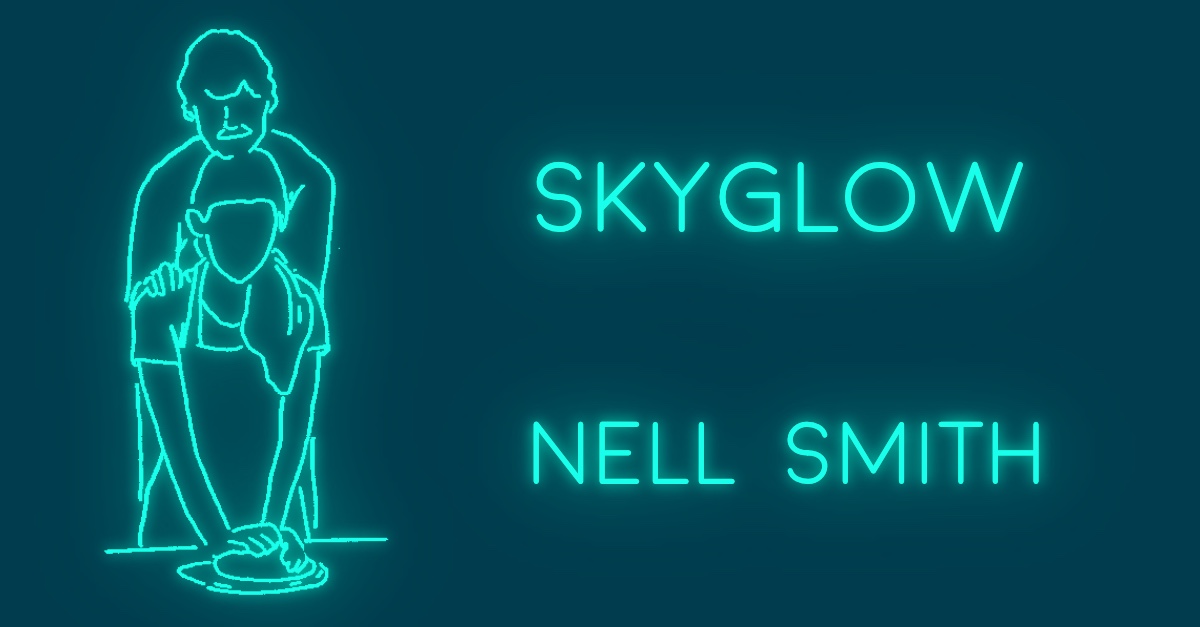
SKYGLOW by Nell Smith
“I can feel your heart beating.” He said it like he was telling her something about herself that she didn’t know already.

“I can feel your heart beating.” He said it like he was telling her something about herself that she didn’t know already.
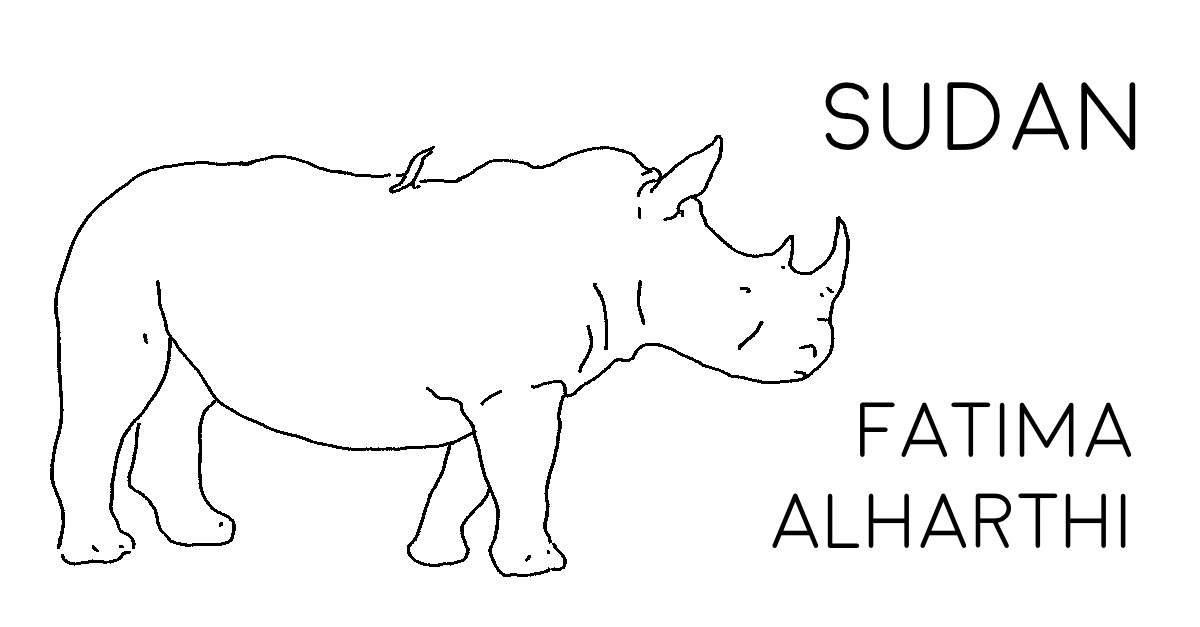
How sad is to witness the deflection of someone from your own ethnicity, who breathes the same air, eats the same dishes, but is enemy to your land’s ethos?
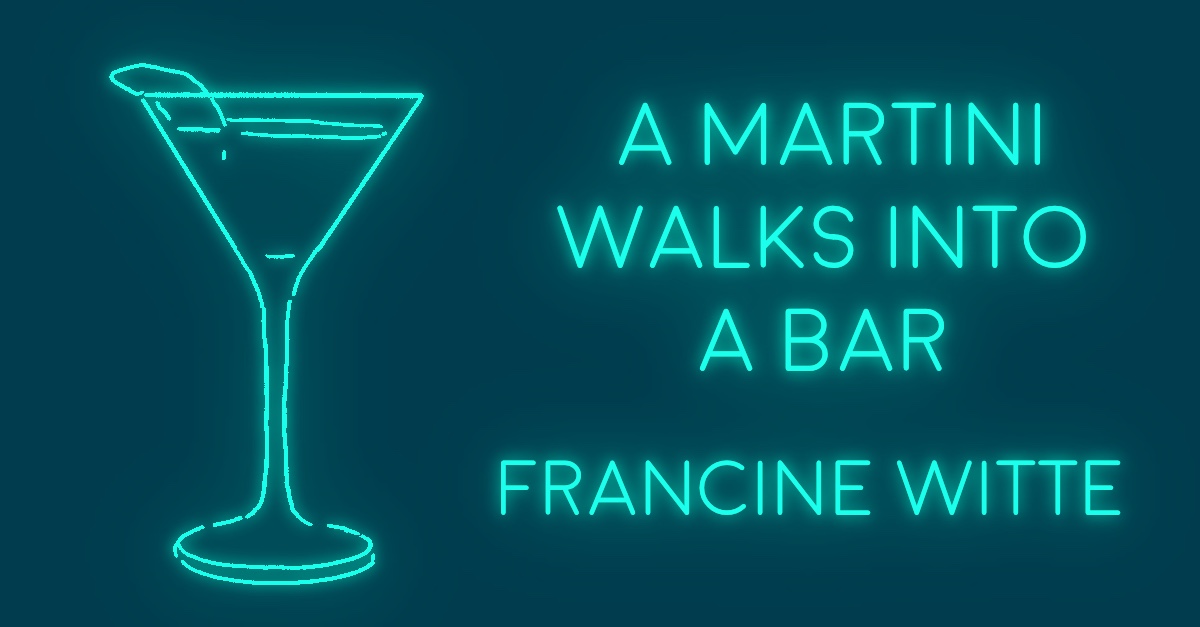
The sun outside is the color of false hope. He gets to the booth and starts to think handsome thoughts.
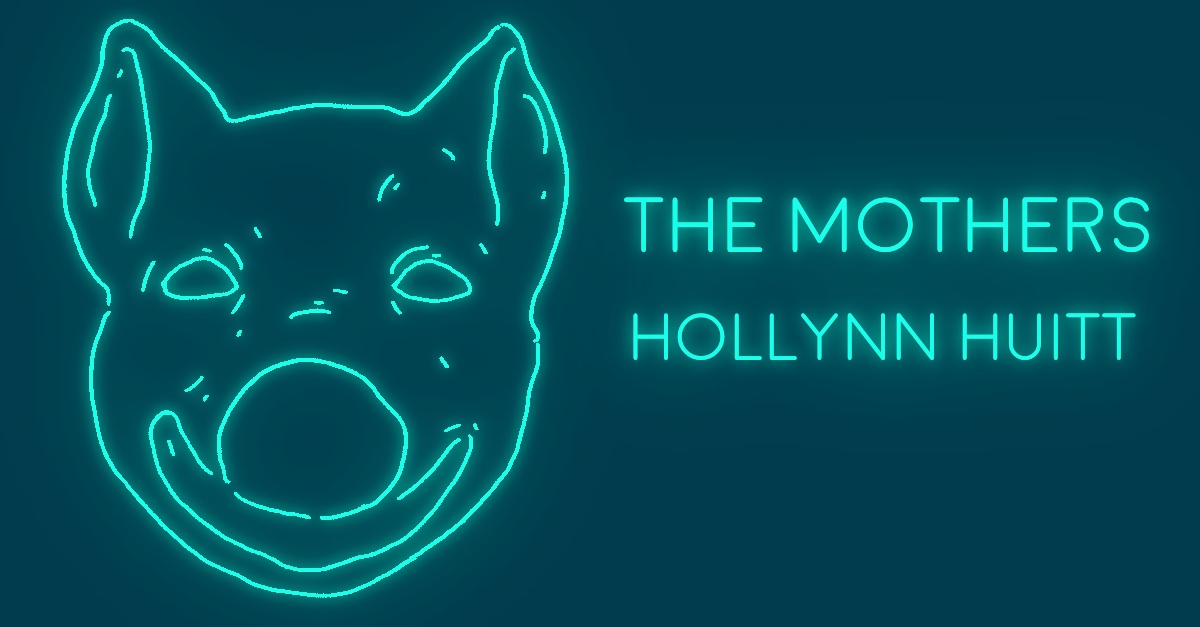
His mom made a quiet bleating sound under her breath. Fear bolted through him, but now he was seven and so he stood his ground.
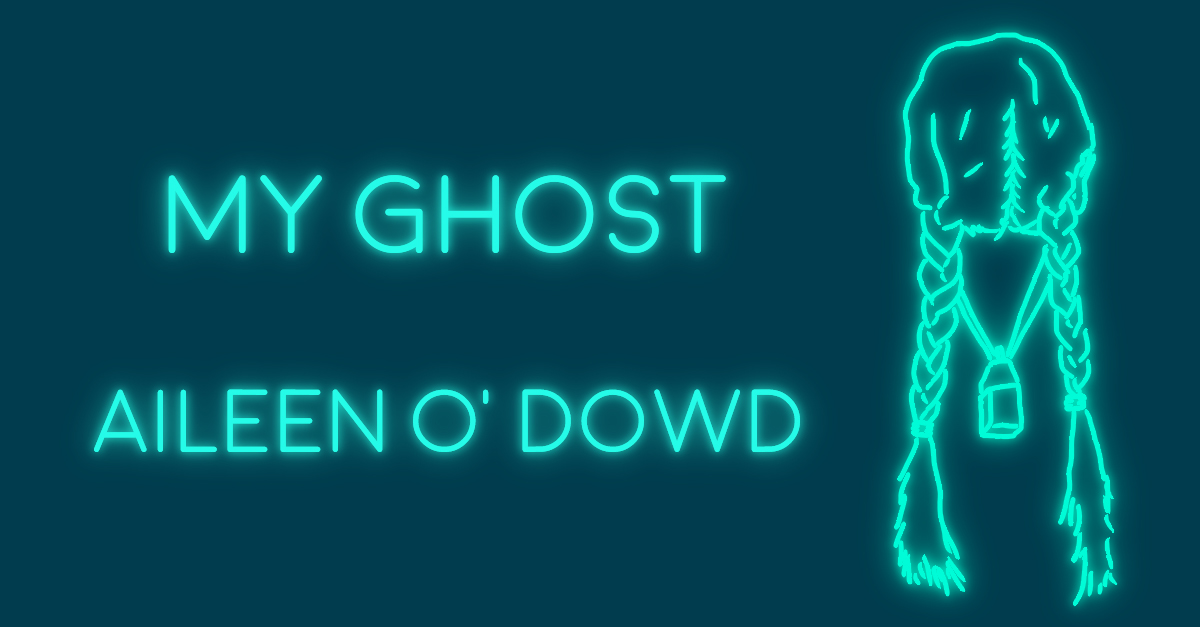
The exorcist knocks on the door.
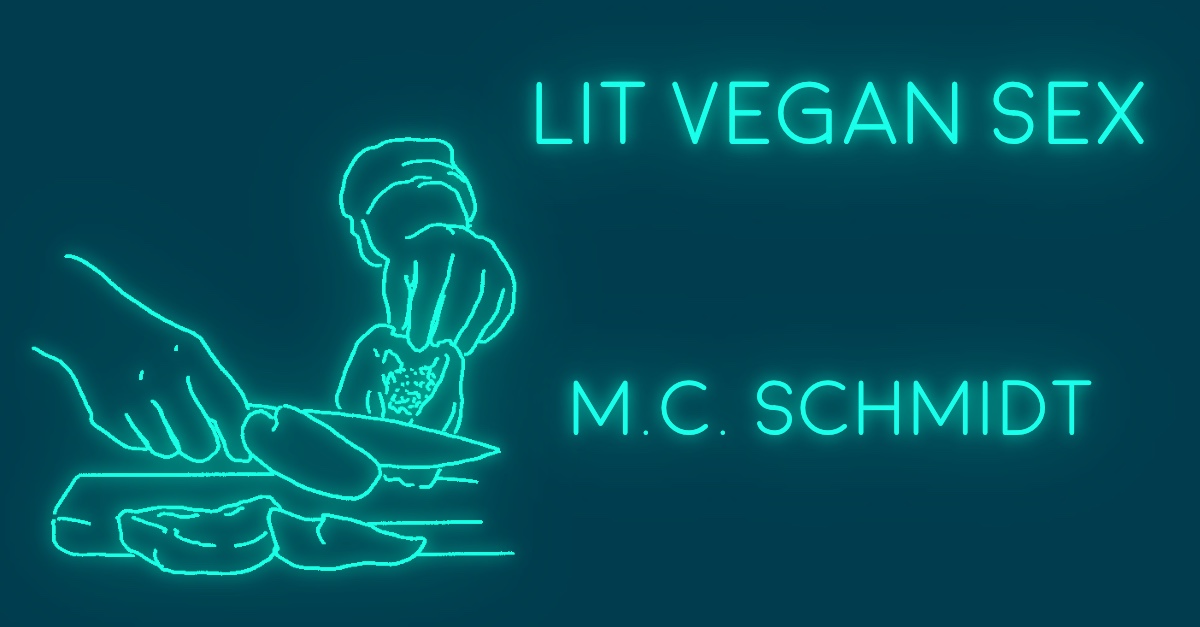
Ultimately, she accepted me, weird diet and all. And last night, for the very first time, she slept over.
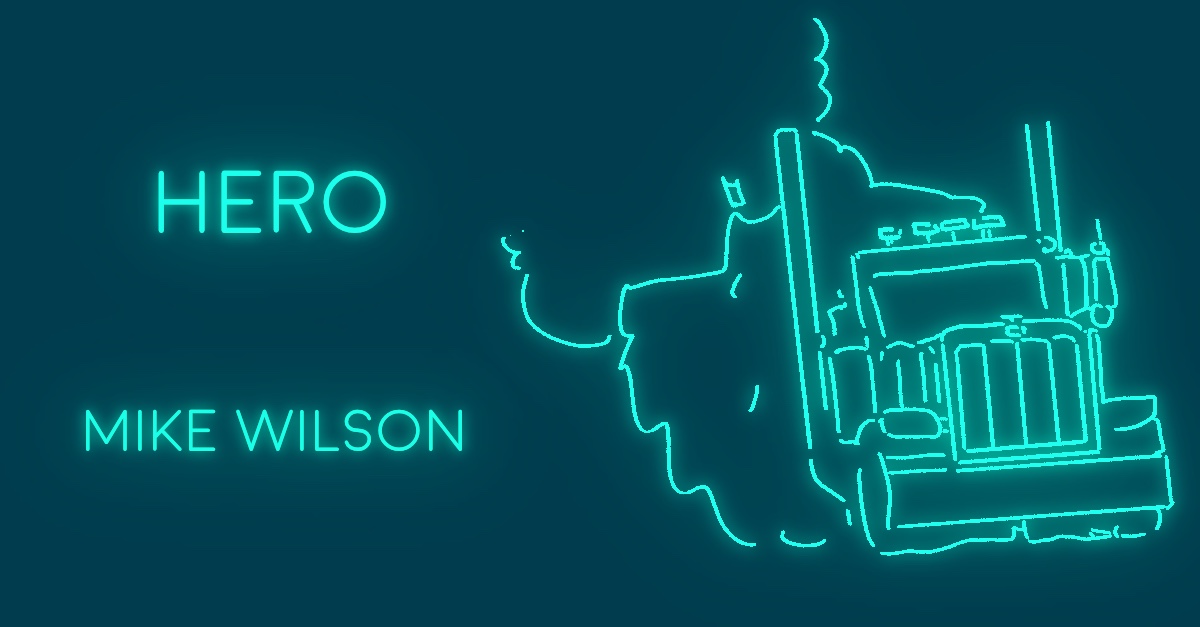
But maybe it would be good in some way, this sudden death of his, maybe it would mean his son Jason would move back to town and stop chasing that stupid life as a YouTube street magician.
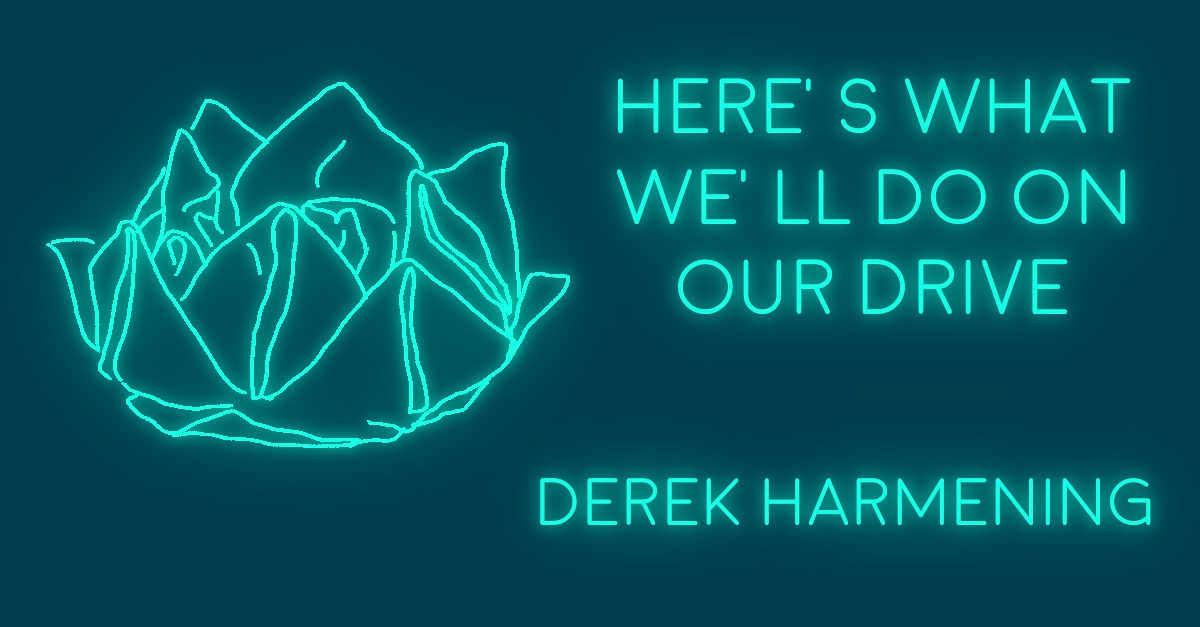
When it’s dark, we’ll turn off the freeway, pull into the one place we can find. Look, you’ll say, pointing up at the harsh red neon.
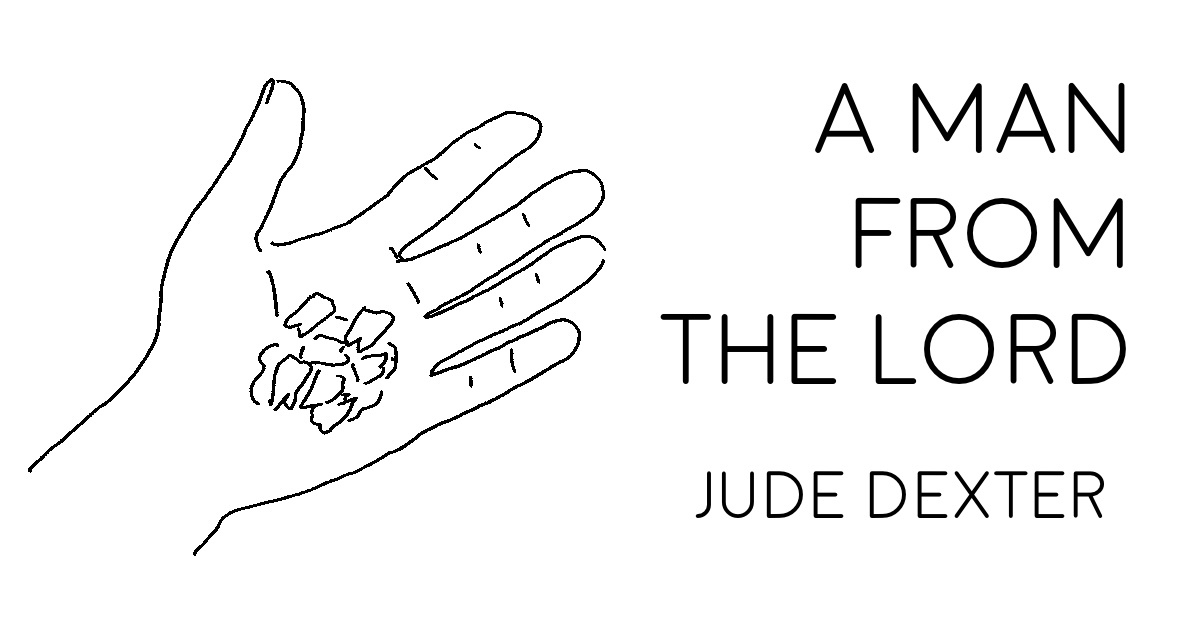
The plague, the Good Prophet told them, was a judgment, and it would lay Harpers to waste if they did not repent, so they begged the Lord for mercy.
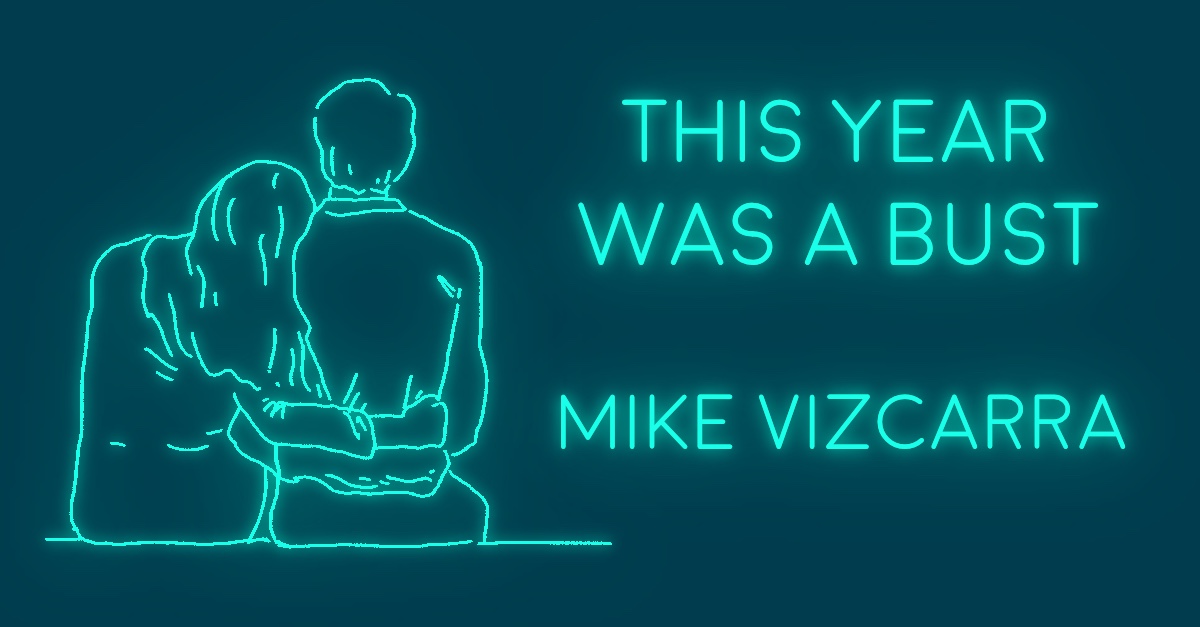
There is a red lipstick stain on my shirt from when we hugged. Mocking me, the way that stains do.